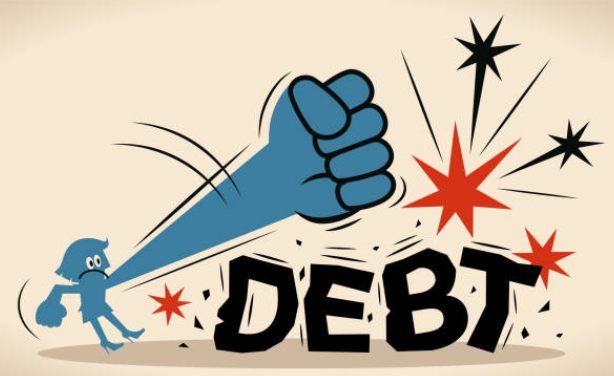Things to Know Before Consolidating Debts

In many countries it is a very common practice and a very easy procedure to obtain credits of all kinds. Credits for credit cards, for department stores, to buy cars. The options are endless. This can be very good if you know how to handle it. But we are also aware of hundreds of stories of people who found it easy to ask and ask for credit, and ended up in a spiral of debt that led them to bankruptcy.
This situation not only jeopardizes financial stability, but leads to very deep levels of stress and depression that can emotionally affect our family and close circle.
That’s why, with debt, it’s best to have a plan. And the best plan is simple: don’t spend more than you earn. It is a personal exercise where you must modify our financial habits from the root so as not to fall every time in the slide of debts and interests.
So, in addition to not spending more than you earn, you must build other habits that are necessary to improve your finances:
1) Make a monthly budget, and
2) Have savings for emergencies.
However, if you found yourself in the need to take out a loan and it is generating a lot of debt, then here are some strategies on how to consolidate it. Consolidating is another way of calling that process that will make our lives easier, which involves: organizing all your monthly payments into one. The main goal of consolidation is to help you strategically pay off all your debts once and for all.
There are many strategies to consolidate debts:
(1) Taking out a personal loan to cover all your debts and staying with one payment: This can work only if the interest rate is lower than your debts.
(2) Take out a credit card, instead of the personal loan, and use it in the same way.
(3) Take out a home equity loan – These loans are very convenient because they offer you a fixed rate. But you have to be careful because if you don’t pay, you put your house at risk.
(4) Go to a financial counseling agency: You must look for those that are very reliable and do not use tricks. It is common that at the beginning they offer you an interest rate of 0% but over time it shoots up to a much higher rate than the one you had.
What to consider when choosing a strategy to consolidate debts
1. The math must work in your favor
If you decide to look for another loan to pay off the debts you had, you need to do the math so that this new option will not be more expensive.
For example, if you have two credit cards with debts of $1,000 each ($2,000 in total), you should analyze the interest rate of each one. Let’s suppose you pay 15% interest on the first one and 20% on the second one: thus, you would pay $150 and $200, respectively. The total sum of your interest is $350.
Therefore, it is necessary to look for that $2,000 loan with a fixed rate (this is very important; if not, it is not convenient) whose cost is less than $350. With that information in your hands, you will be able to find the best option for the loan and negotiate without getting carried away by ambiguous offers.
Following the example, it can be one whose rate is 12%. Thus, if the total is 2,000, you will only pay $240, instead of the $350 you were paying. With this, every year, you will be able to save up to $110, which will be useful to invest in your emergency or retirement fund.
2. Make a single payment
The main attraction of consolidation is to make your life simpler. What you should achieve is that, in your monthly budget, you only have one fixed payment to assume your debts.
This will help you lower the pressure to pay off debts, as well as make it easier to organize your payments. Instead of having pending payments with several institutions -where the cut-off dates vary-you will only have to cover a single account.
3. Eliminate credit cards
Having credit cards in your wallet can be a temptation for more spending and more debt. Learning to use your credit cards correctly can bring you benefits.
However, one of the best financial habits is to have a good credit score. This will help, for example, to find fixed and lower interest rates. If you have many cards and manage them in a disorderly way, your credit score will be affected. For the same reason, you must find a single way to pay and organize finances, instead of our monthly budget having to be divided into many small and expensive payments.
However, the most important advice is still to improve our financial habits. It will be useless to consolidate debts every two or three years, if you are tied to interest and payments that could be used to invest in our future.
Author Bio:
I am Nikesh Mehta, owner and writer of this site.

I’m an analytics and digital marketing professional and also love writing on finance and technology industry during my spare time. I’ve done online course in Financial Markets and Investment Strategy from Indian School of Business. I can be reached at nikeshmehta@allonmoney.com or LinkedIn profile.



